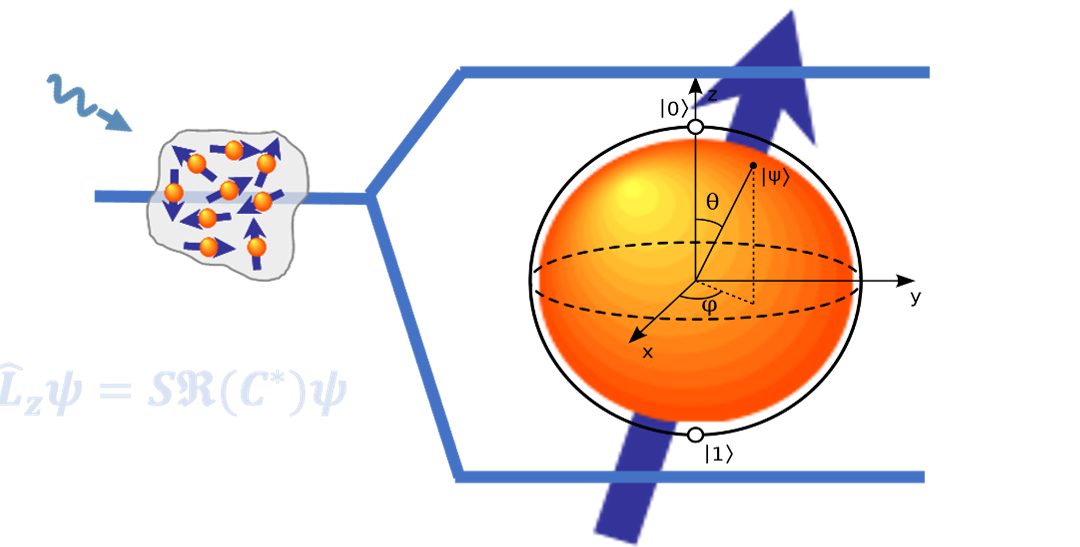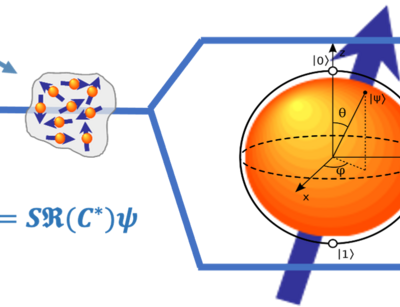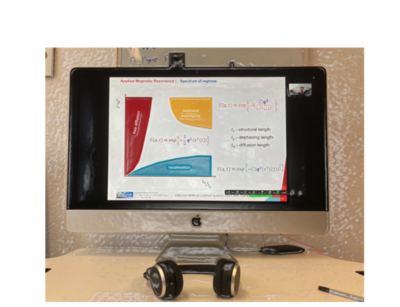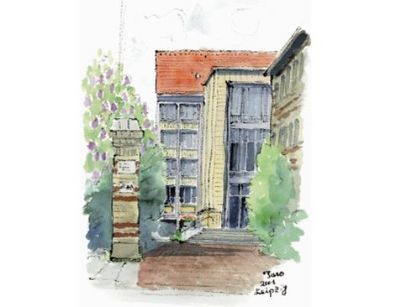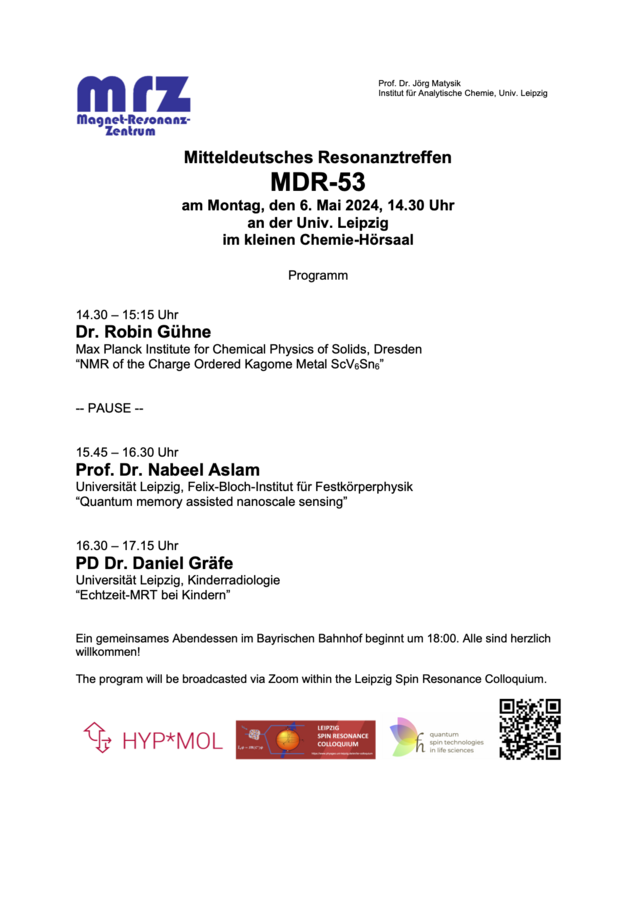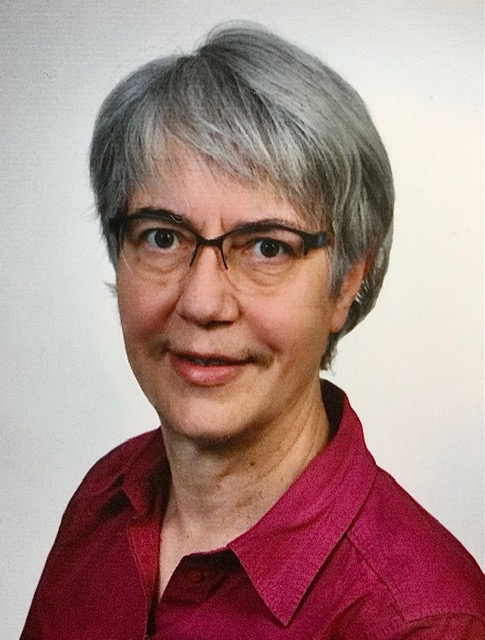Leipzig Spin Resonance Colloquium
LSR Colloquium
Current Program
Spin Resonance with Single Atoms and Molecules on Surfaces
In this talk, I will introduce a new architecture for coherent control of spins on surfaces, by combining electron spin resonance (ESR) and scanning tunneling microscopy (STM) [1]. This technique allows to address single atoms and molecules on surfaces with an unprecedented combination of spatial and energy resolution. Thus, it can be used to sense the magnetic coupling between spin centers on the atomic scale [2], including their dynamics [3,4]. In addition, when scanning the STM tip across the surface it permits to perform magnetic resonance imaging on the atomic scale [5]. The high energy resolution compared to conventional scanning tunneling spectroscopy also grants access to the hyperfine interaction between the electron and nuclear spin of different atomic species [6]. Recently, we could extend this technique also to spin resonance on individual molecules [7]. Lastly, by employing pulsed ESR schemes, a coherent manipulation of the surface spin becomes possible, for instance in Rabi and Hahn echo schemes [8,9]. This opens up a path towards quantum information processing and quantum sensing using atomic building blocks, including atoms and molecules.
[1] S. Baumann, W. Paul et al., Science 350, 6259 (2015).
[2] T. Choi et al. Nature Nanotechnology 12, 420-424 (2017).
[3] F. Natterer et al., Nature 543, 226 (2017).
[4] L. Veldman, L. Farinacci et al., 372, 964-968 (2021).
[5] P. Willke et al., Nature Physics 15, 1005–1010 (2019).
[6] P. Willke et al., Science 362, 336–339 (2018).
[7] X. Zhang et al., Nature Chemistry 14, 59–65 (2022).
[8] K. Yang et al., Science 366, 509-512 (2019).
[9] Y. Wang et al., Science 382, 87-92 (2023)
Profile
THz magnetic resonance
Magnetic resonance spectroscopy has been carried out in the frequency range of 100 to 750 GHz. Resonances in antiferromagnets at zero applied magnetic field were detected using a vector network analyzer (VNA) with frequency extenders. Strong coupling was observed between the electromagnetic modes of a cavity and resonances in antiferromagnets. Coupling between two resonators via cavity modes was obtained even when the samples were separated by several millimeters. This works stems from the development of a switchable gyrotron and the fabrication of wave guides carrying the 250 GHz gyrotron output to an NMR spectrometer for DNP. This waveguide technology led to the creation of a startup, Swissto12, now making satellites using 3D lithography.
Profile
NMR of water for probing complex materials
Water is a ubiquitous substance. The fact that its deuterated form is readily available makes this molecule even more interesting for NMR studies. By (partially) replacing normal water with D2O in multi-component mixtures, one can selectively measure the deuteron spectra of water and utilize the remaining quadrupole couplings in anisotropic environments. For example, NMR spectroscopy of D2O has been used for many years to study the phase diagrams of aqueous surfactant solutions. The quadrupole splittings in lyotropic liquid crystals depend not only on the concentration but also on the type of phase. The phase structure can often be assigned on the basis of NMR results alone, and single-phase and multiphase regions can be easily distinguished. More recently, the NMR spectra and diffusion of D2O have also been used to study shear-induced orientations and structural changes of lyotropic liquid crystals. Examples of our rheo-NMR studies will be presented, focusing on the peculiar shear-induced behavior of lamellar phases. Finally, the application of water molecules as probes in porous materials is addressed. The aromatic character of the inner surfaces of carbonaceous materials leads to large up-field shifts of the water resonance by several ppm. Initial results from our current investigations of nitrogen-doped carbonaceous materials will be presented
Profile
Program Archive
LSRC coordinator: Dr. Evgeniya Kirillina, contact email
